Free Tropical Runtz seeds on orders over $150!
Hormones are crucial factors in humans and other animals. They impact nearly every aspect of growth and development and help create certain levels of mental stability, among a plethora of different functions. Many individuals are unaware that plants depend on hormones as well. These chemical compounds are critical to the health and advancement of your cannabis plants throughout their lives. Different hormones influence various processes in plant development and maturation. They all work together to get your cannabis plants from germination to harvest. Plants make hormones on their own, beginning with the moment the cannabis seed germinates.
Moreover, little additional assistance in extra hormone supplements can sometimes help with growth and other aspects of the developmental process. Recognizing the main plant hormones and how they work can help you figure out how to use them to your benefit.
Hormones play various roles in the growth and health of plants. Several of these substances enter the picture, and each one plays a unique role in the growth of your cannabis plants. They influence how tall, short, bushy, or skinny the plants grow and the potency of their buds. Hormones also play a role in how well your cannabis plants absorb and process nutrients, water, and light. To mention a few critical features, they regulate how plants use the accessible resources and tell them when to switch from the vegetative to flowering stages. These essential chemicals also impact cellular advancement within the plant and aid in determining which new cells are required. We’ll go over some of the leading components and their roles to help you comprehend why they’re so crucial to your cannabis crop.
When it comes to groups and categorization, plant hormones are pretty diverse. Nonetheless, scientists have secluded several primary hormone classifications critical to plant health from various perspectives. Those chemicals have substantial impacts on multiple parts of a plant and the entire plant.
Auxins are the most common type of growth hormone, and they were the first phytohormones to be studied. Ancient scholars mentioned the impacts, but Charles Darwin initially investigated the method by which plants use chemical signals to manipulate growth. He proved that the light discerned by the tip of a seedling caused the stem to curve in the direction of the light in phototropism research projects. Auxin is a crucial component of plant growth. It’s more abundant near the tops of plants and in parts of the plant that grow the most, such as stems, roots, and buds. This hormone promotes cellular growth and expansion, so it’s one of the chemicals in charge of regulating the height and bulk of your cannabis plants.
Brassinolide is a plant hormone steroid. From germination to fertilization, brassinosteroids play a role in almost every plant’s life cycle component. Though they can be reported in all parts of a plant, the roots, flowers, developing seeds, and pollen are where they are most concentrated. It has a significant impact on growth. In this classification, cell division, differentiation, elongation, and growth are all aided by hormones. Your plants would not be able to grow without it. Your cannabis seeds would not even germinate. Furthermore, brassinosteroids are incredibly crucial to cannabis plants grown from regular cannabis seeds because of their photoperiodic nature.
Gibberellin has a significant impact on plant development. It was revealed and isolated in Japan due to a fungal infection in rice plants. The hormone caused the rice plants to grow much too tall rapidly, detrimental to their overall health. Following that, scientists discovered that all plants naturally produce small amounts of the substance. Gibberellin has a positive effect on plant growth when used in moderation. It causes stem elongation and the formation of extra nodes. For cannabis farmers, nodes are crucial because this is where the all-important buds form and develop.
Additionally, gibberellin is present in different amounts at various stages of cannabis development. It is dormant in seeds until the germination process is started. However, when cannabis seeds are exposed to moisture, this hormone kicks in to help the plant grow. While it aids in promoting or regulating height and node development during the early weeks of a cannabis plant’s life, its role shifts slightly as the plant matures.
Ethylene is an essential component of plant growth. It causes fruit to ripen faster, thickens plant stems, and slows plant growth. It can assist in establishing flowers, drop leaves, sprout buds, and germinate seeds when used appropriately. Though ethylene can help speed up the aging process in some cases, it can also slow it down. If there is too much of the hormone in the cannabis plant, it can stifle or even stop growth. However, ethylene is necessary for the health of your cannabis plants when used in moderation. It controls the growth and maturation of plants while also encouraging them to shed old growth and make room for new. It also aids in the formation and development of buds.
Like most of its hormonal equivalents, cytokinin plays a role in various plant processes. Conversely, this substance is primarily responsible for cell division. It causes some plant cells to replicate while others develop into different cell types, depending on the individual plant’s needs. Cytokinin works with auxin to promote specific plant transformations, and its concentration levels influence how the hormone affects the plant.
Unlike the other hormones we’ve looked at, abscisic acid tends to work to inhibit growth, offsetting the impacts of the other plant hormones. It’s also one of the hormones responsible for increased plant immunity and aiding in repairing damaged plants. The role of abscisic acid in keeping plants healthy during stress is perhaps the most crucial. It tells plants what to do when they don’t have enough water or other necessities. Abscisic acid causes plants to use less water and other resources than typically in drought or different stressful situations. The hormone helps plants sustain life conditions that would otherwise be harmful to them by enabling conservation.
Plants, like humans and animals, have certain essential hormones. Those compounds are necessary for the growth and health of your cannabis plants, and they play a variety of roles throughout the crop’s life cycle. Supplements help enhance the effects of natural hormones found in plants. However, if you decide to intervene with synthetic hormonal supplements, proceed with caution. Otherwise, you risk hindering rather than improving your harvest.
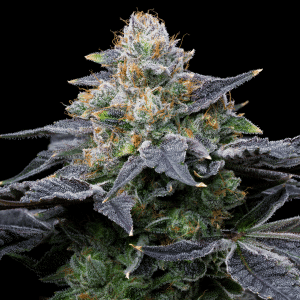
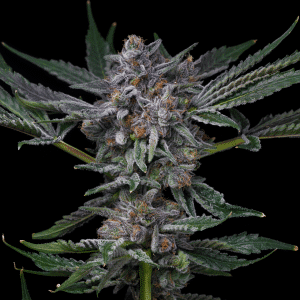
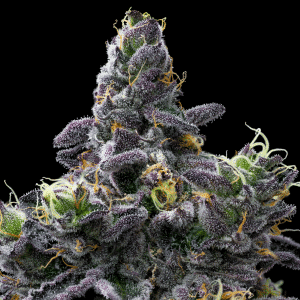
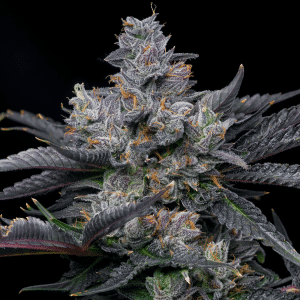
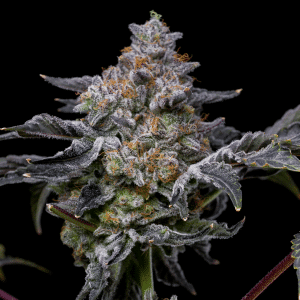
Offers
This product is not for use by or sale to persons under the age of 18. This product should be used only as directed on the label. It should not be used if you are pregnant or nursing. Consult with a physician before use if you have a serious medical condition or use prescription medications. A doctor’s advice should be sought before using any hemp products. All trademarks and copyrights are property of their respective owners and not affiliated with nor do they endorse this product. These statements have not been evaluated by the FDA. This product is not intended to diagnose, treat, cure or prevent any disease. By using this site you agree to follow the Privacy Policy and all Terms & Conditions printed on this site. All products contain less than 0.3% Cannabinoid-compliant with applicable Federal Laws. Please make yourself aware of any and all applicable laws regarding hemp in your jurisdiction. Premium Cultivars accepts no liability or responsibility regarding germination laws in any specific locale state or national jurisdictions.THCA products are not available for shipment to the following states: Hawaii, Idaho, Minnesota, Oregon, Rhode Island, Utah, Vermont *Note: Products with Total THC content above 0.3% must not be shipped to these states.
We want to help you get your hands on the seeds you want, take 20% off your next purchase when you enter your email below!
We want to help you get your hands on the seeds you want, take 20% off your next purchase when you enter your email below!